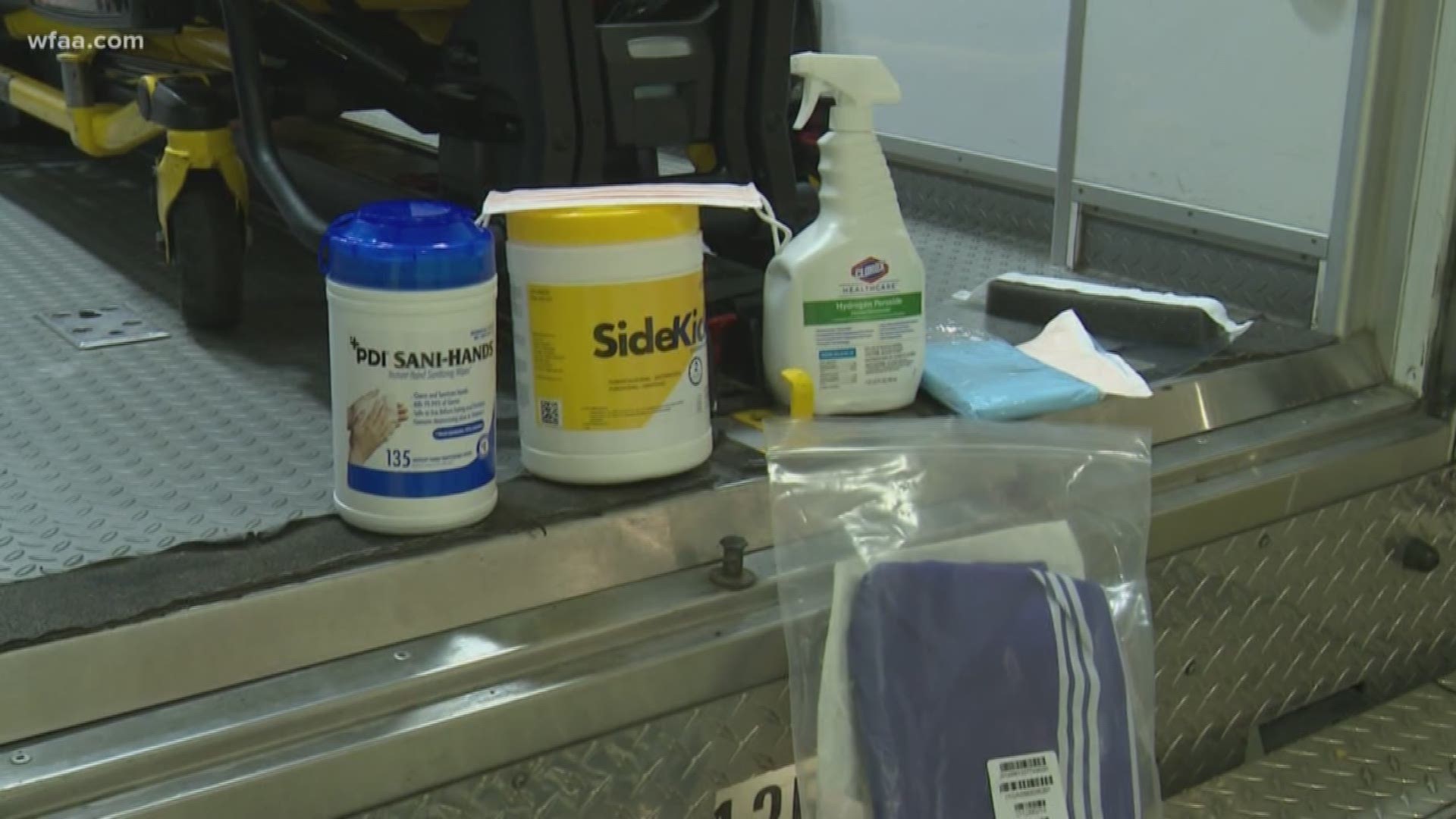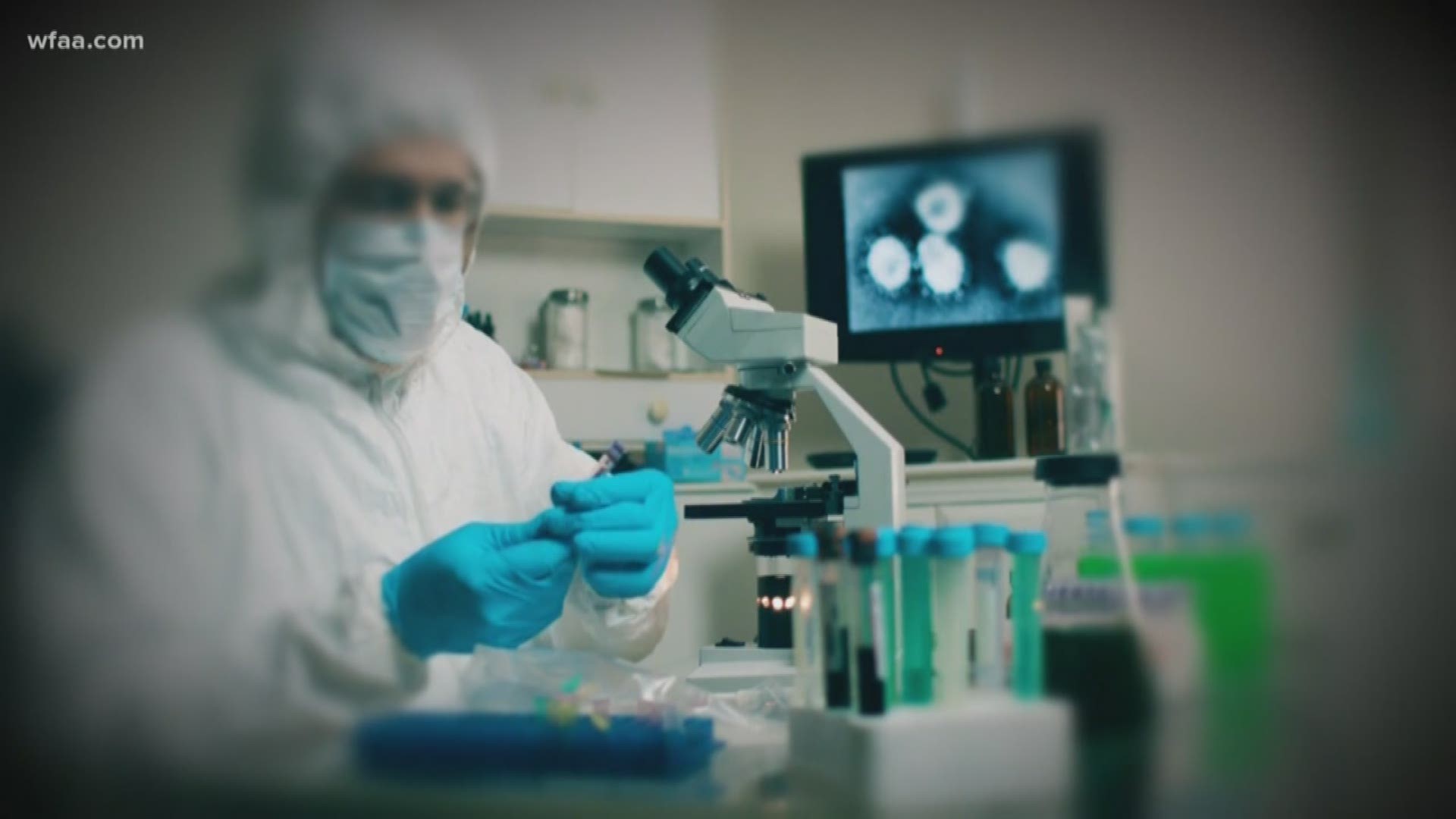FORT WORTH, Texas — Cases of COVID-19 are expected to come to North Texas, according to the Tarrant County Public Health Department, which is preparing to respond.
Chief Epidemiologist Russ Jones made the announcement to Mayor Betsy Price and the Fort Worth City Council during a work session Tuesday.
“The idea is to prevent a spike in cases,” Jones said.
Preparation steps include a way for Fort Worth health officials to test for COVID-19 by the end of the week. Right now, samples have to be sent to Atlanta for testing, Jones said.
The department recently launched a coronavirus hotline, where a live person answers and directs the caller to the appropriate person within the department.
MedStar is also preparing its responders with an updated screening process and equipping its ambulances with disinfectants, face shields and masks for the first responders and patients showing symptoms of coronavirus infection.
“The one thing we want to do is isolate the source, control the source and keep it from spreading,” said Michael Potts, Medstar risk and safety manager.
The World Health Organization and the U.S. Surgeon General have both warned healthy people against buying masks, claiming it could lead to a shortage for health professionals.
The WHO is urging manufacturers and governments to boost production by 40% to meet rising global demand, saying shortages are leaving doctors nurses and frontline workers dangerously ill-equipped to care for COVID-19 patients.
MedStar Medical Director Dr. Veer Vithalani said masks aren’t designed to keep healthy people from infection, but should be used by patients showing coronavirus symptoms to prevent the spread.
“It’s generally not advised to go out and purchase masks, not just for the supply issues but because it’s not really going to help in the way that you think it might help,” Vithalani said.
The best way to prevent infection is to practice good hygiene by washing your hands with soap and water, keeping six feet away from people and avoid touching your face after touching surfaces.
More on WFAA:
- House passes bipartisan $8.3B bill to fight coronavirus, Senate to vote this week
- 10 deaths, 29 cases of coronavirus in Washington state
- Three interactive maps to track coronavirus cases in US, around the world
- Hand sanitizer sales more than triples as Purell steps up production
- Dallas-Fort Worth first responders prepare for COVID-19


